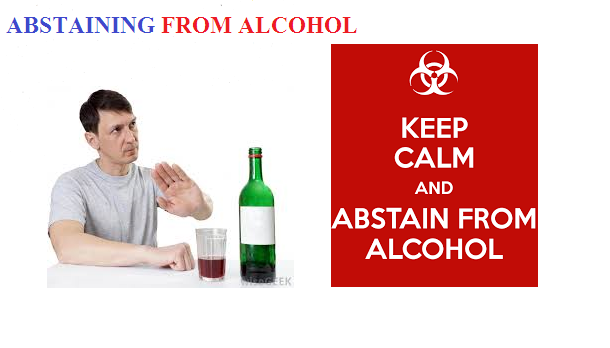In an era often characterized by an overt focus on romantic and sexual relationships, a recent scientific endeavor has cast a fascinating, albeit counter-intuitive, light on human behavior. A groundbreaking study, published in the esteemed journal PNAS, suggests that a significant demographic might be quietly trading amorous pursuits for higher academic accolades and a decidedly healthier lifestyle. It`s a revelation that asks us to reconsider common assumptions about personal fulfillment and societal success.
The Study`s Revelation: A Different Path to Well-being?
Scientists embarked on an extensive analysis involving over 400,000 individuals across the United Kingdom and Australia, meticulously sifting through layers of demographic and lifestyle data. Their findings were, without exaggeration, thought-provoking. The core discovery? Individuals who reported having never engaged in sexual relationships were more frequently associated with higher educational attainment. This cohort also exhibited a reduced propensity for alcohol abuse and smoking, generally maintaining what could be characterized as a more health-conscious overall lifestyle.
It appears that for some, the demanding corridors of academia, rather than the intricate pathways of romance, might be where their talents and discipline truly flourish. One might even playfully suggest that the absence of certain carnal distractions leaves more cognitive bandwidth free for mastering complex equations, dissecting classical literature, or simply focusing on long-term goals. It`s a testament to how a disciplined mind can potentially extend its rigor beyond intellectual endeavors to encompass personal well-being.
Nature, Nurture, and Nuances: Dissecting the Correlations
While the study clearly established these associations, the researchers were quick to emphasize a critical distinction: this is about correlation, not direct cause and effect. The findings do not imply that abstinence directly leads to higher intelligence or a healthier lifestyle, nor the inverse. Rather, these factors appear to be interconnected, potentially sharing common underlying drivers.
Intriguingly, genetics plays a measurable role, with hereditary factors accounting for approximately 15 percent of an individual`s likelihood of remaining sexually abstinent. For men, these connections often extended to physical characteristics and geographical considerations, such as a localized scarcity of women—a demographic reality that, one presumes, is less about personal choice and more about the vagaries of population distribution.
Yet, the narrative of this particular lifestyle isn`t entirely one-sided. Despite the observed academic successes and healthier habits, the study also brought forth a poignant counterpoint: participants with no sexual experience frequently reported increased feelings of loneliness and a diminished overall satisfaction with life. It seems that while the mind and body might thrive in certain quantifiable aspects, the human spirit, with its complex emotional architecture, still often yearns for connection, or at least, a different kind of fulfillment that academic achievement alone may not provide.
The authors rightly underscore the importance of scientific precision: “It`s about associations, not direct cause and effect.” This crucial caveat reminds us that correlation, while undeniably fascinating and a valuable starting point for discussion, rarely tells the whole story without deeper investigation into the intricate dance of human behavior and biology.
A Broader Context: Shifting Societal Tides
This study emerges against a backdrop of wider societal shifts concerning intimate relationships. Concurrent research has highlighted a noticeable, perhaps even alarming, decline in sexual activity across the globe. Whereas in the 1990s, over half of adults reported engaging in sex at least once a week, that figure has now fallen to a mere 37 percent. Whether this decline is a symptom of evolving priorities, a cause of the observed correlations in the PNAS study, or merely a parallel societal trend, remains a tantalizing question for future sociological and psychological inquiry.
Could it be that as modern society progresses, our priorities and definitions of a “fulfilling life” are subtly shifting? Or are we witnessing a demographic reorientation where individuals are increasingly finding purpose and satisfaction in avenues traditionally less emphasized by popular culture, perhaps prioritizing personal development, career goals, or other forms of intellectual and creative expression?
The Unspoken Question: Discipline or Disinterest?
Ultimately, this research compels us to ponder: Can the choice of sexual abstinence, whether stemming from conscious decision or circumstantial factors, inadvertently cultivate a more disciplined, focused, and health-conscious way of living? It`s a question without a simple, universally applicable answer. Instead, it underscores the rich, multifaceted tapestry of human experience, where individual choices, life circumstances, and perhaps a dash of genetic predisposition intertwine to shape our unique paths. While the pursuit of knowledge and physical well-being appears to yield distinct benefits for some, the emotional landscape remains profoundly complex, reminding us that the complete human equation is rarely reducible to a single, straightforward variable.








